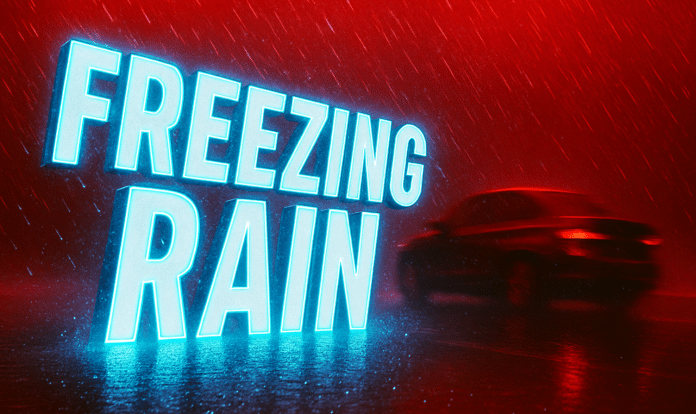Pensacola, FL – Emergency officials across the Florida Panhandle are urging residents to begin preparing today for the possibility of winter hazards, including rare but dangerous freezing rain. While ice storms are uncommon in Northwest Florida, the National Weather Service (NWS) notes that historic events—such as past freezes that coated roads and powerlines—have caused significant disruptions across Escambia, Santa Rosa, and Okaloosa counties.
According to NOAA, even a brief period of freezing rain can snap weakened branches, damage powerlines, and create slick travel conditions on bridges and elevated roadways along I-10, Highway 98, and major coastal routes. With temperatures expected to fluctuate at times this season, officials say today is the best time for residents to complete precautionary winter steps.
According to the National Weather Service, homeowners should begin by trimming weak or damaged tree limbs around homes, driveways, and walkways. Branches that seem harmless in warm weather can fall quickly if coated by ice during a rare freeze. NOAA also cautions drivers not to raise windshield wipers before cold-weather events, as wipers can freeze to the glass and break; keeping them lowered and covered is recommended.
Residents are encouraged to maintain at least a week’s supply of non-perishable food, bottled water, and essential prescriptions. Even brief freezing rain can trigger power outages and restrict travel, particularly on coastal bridges and rural routes. Officials also advise against parking vehicles beneath trees, where ice-loaded limbs may fall unexpectedly.
To prepare for potential outages, emergency managers recommend fully charging phones, flashlights, power banks, and essential devices today. Homeowners with generators should safely store extra gasoline and run a test to ensure equipment is functioning properly. Stocking rock salt or ice melt—rarely used in Florida—can still help prevent slips around entrances in the event of icy conditions.
“Even rare ice events can create significant hazards in the Panhandle,” the NWS said. “Preparing today is the safest approach heading into winter.”





